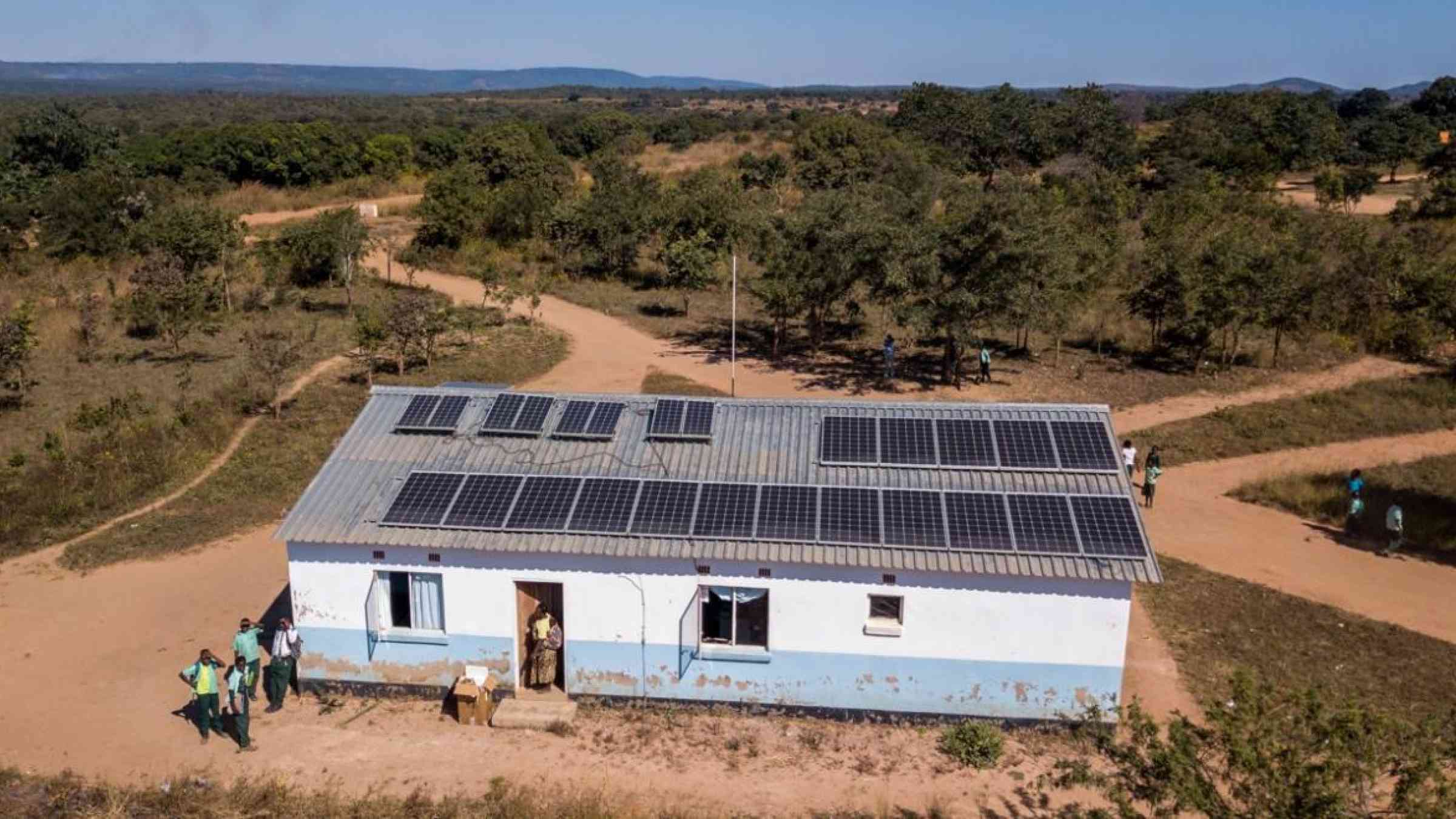How clean energy can power a COVID-19 recovery

By Marcel Alers, Head of the Energy, UNDP
As the coronavirus COVID-19 gains ground in the world’s poorest regions, it will hit the most vulnerable the hardest by adding an unprecedented health and economic crisis to existing poverty and climate crises. This multifaceted crisis will keep adding pressure to fragile communities. It calls for a comprehensive and collaborative response. And at the root of it is clean energy; essential to help countries prepare, respond, and recover from COVID-19 crisis.
Clean energy can provide affordable solutions that are in line with climate targets and can help mitigate the effects of the COVID-19 crisis on people’s livelihoods and local economies.
On the frontline of the battle against COVID-19, energy for households and health centres is critical. Yet 840 million people don’t have electricity, 570 million of them live in sub-Saharan Africa, where one in four clinics has no energy at all, and 28 percent don’t have consistent access.
Reliable power supply ensures that core systems for the management of health programmes can function effectively.
In regions where the electricity grid is unreliable or even non-existent, clean energy technologies provide solutions that can be deployed rapidly. With reliable energy, health centres can work around the clock, instead of relying on candles or phone flashlights.
Solar for Health
The Solar for Health programme, funded principally by the Global Fund to Fight AIDS, TB and Malaria, UNDP and Innovation Norway, and ongoing in 11 countries since 2016, showcases a green model that improves health services while saving lives, the environment, and money.
UNDP and its partners seek to build on this expertise to support countries in scaling up clean energy investments for the electrification of health centres.
Clean energy can also address some of the health risks that might make people more vulnerable to respiratory diseases such as COVID-19. Nearly half of the world relies on polluting fuels and inefficient stoves for cooking, at considerable health and environmental costs. Every year 3.8 million people die prematurely from illnesses linked to smoke from open fire or stoves. Promoting the use of clean fuels and energy efficient stoves can protect billions of people from breathing in harmful fumes at home every day.
Access to energy also makes social distancing policies viable by powering the technologies and devices that help people to stay in touch with each other, receive information, engage in online education, and work from home. It can also provide reliable access to clean water, a crucial element in times of COVID-19. It also ensures food security by enabling food cold chains, and powering water pumps.
Boost investment in clean energy
Clean energy can also fuel economic recovery in the aftermath of the pandemic. Renewable energies are an engine for job creation. A record 11 million people worldwide were employed in the renewables sector in 2018 and the International Renewable Energy Agency estimates that this number could rise to 42 million jobs globally by 2050.
Clean energy also boosts local economies. Decentralized, off-grid energy systems can help small businesses thrive and offer potential for sources for additional income.
Clean energy is available, affordable, and reliable. But in many developing countries and economies, the potential for large scale renewable energy projects remains largely untapped. Investments in this area are still much lower than would be required to deliver clean energy’s full development and climate benefits.
Lifting barriers
Across the world UNDP is working with governments to lift the barriers that impede these investments. By addressing the policy and financial risks associated to such investments in developing economies, UNDP aims to help government create an enabling environment for renewable energy. UNDP’s Africa Minigrid Programme and Solar for Health, being set up in over 11 countries, is set to expand across the continent.
As nations prepare for the COVID-19 aftermath, there is a tremendous opportunity for a global reset. Ambitious green stimulus plans will help countries restore their economies while deepening their energy transition. As oil prices drop to historical lows, we need to ensure the world stays on track with its climate targets. Now is a good time to reform fossil fuel subsidies and re-assess the options countries have to accelerate their clean energy transition to sustain a recovery that’s better for all.